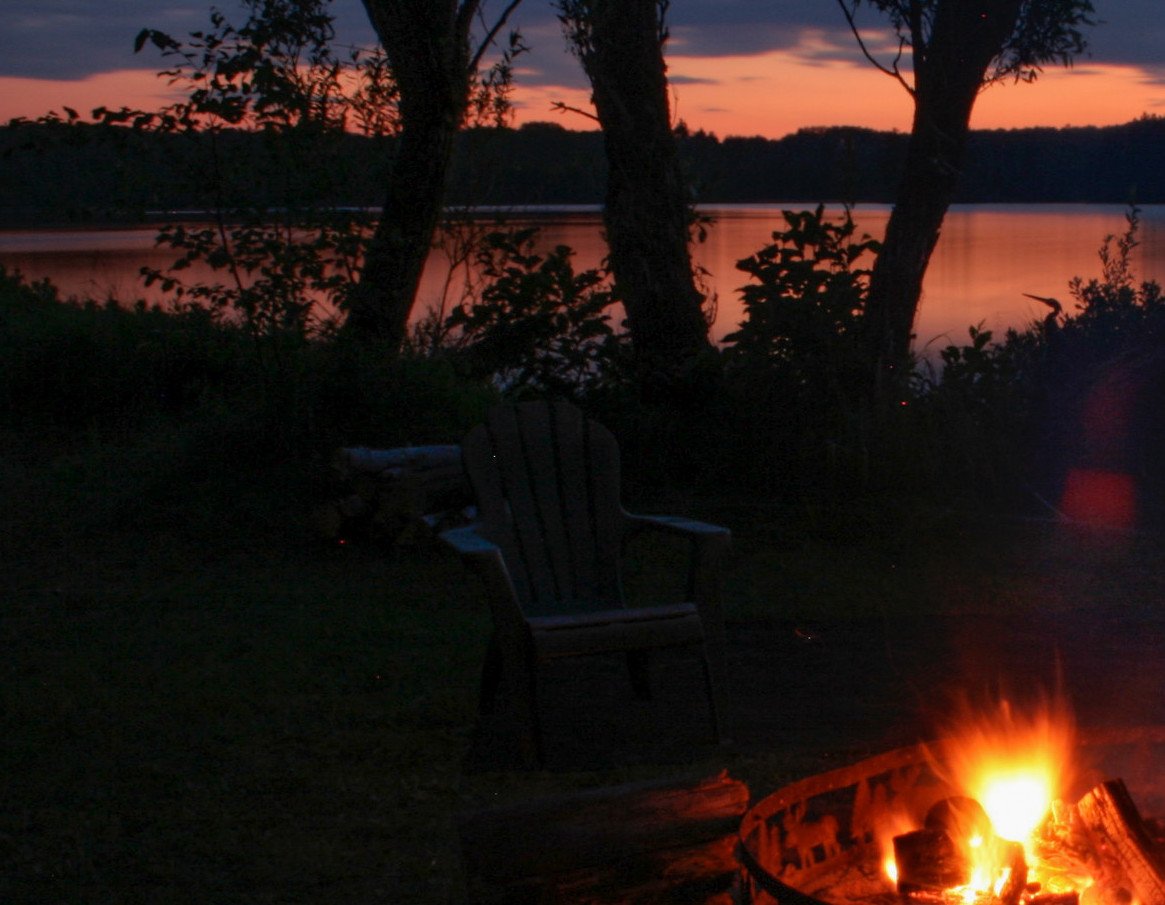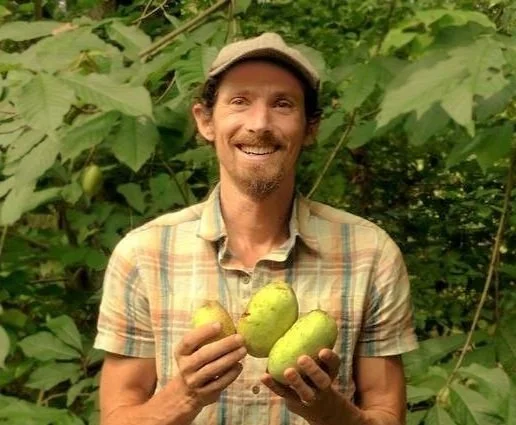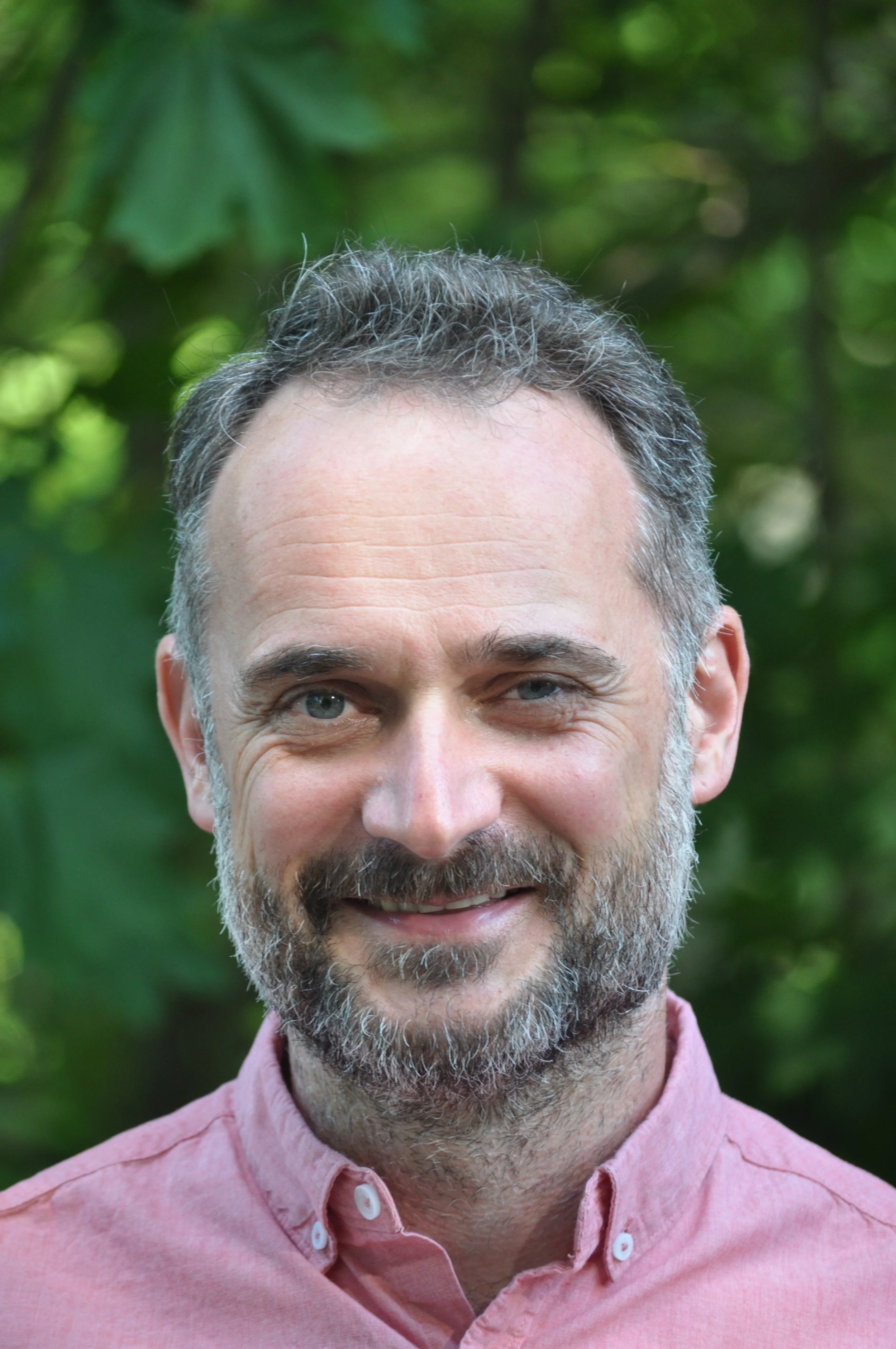
2026 Faculty and Featured Guests
-

Jane Hirshfield
ZEN PRACTITONER & POET OF SCIENCE, LOSS, & WONDER
-

David Baker
POET OF PLACE & ENVIRONMENT
-

Camille Dungy
POET OF HISTORY, LANDSCAPE, CULTURE, & FAMILY
-

Tim Seibles
POET OF JUSTICE, VERVE, & JAZZ
-
David George Haskell
SPECIAL GUEST: ECOLOGY FACULTY
PULITZER FINALIST & BIOLOGIST
-

Luke Cannon
NATURALIST & ETHNOBOTANIST
-

Laura Boggess
NATURALIST & LICHENOLOGIST
David Baker is author or editor of twenty books of poetry and poetry criticism, most recently Whale Fall (poems, W. W. Norton, 2022), Swift: New and Selected Poems (W. W. Norton, 2019), and Seek After: On Seven Modern Lyric Poets (essays, SFASU, 2018). He has taught workshops widely in the United States and abroad and has lived in Granville, Ohio, since 1984. Longtime Poetry Editor of The Kenyon Review, he has curated the eco-poetry feature, “Nature’s Nature,” for the magazine for the past 10 years.
Laura Boggess is an ecologist, yoga teacher, and rock climber. Born and raised in Western North Carolina, she loves the Appalachian Mountains and some of her favorite courses to teach at Mars Hill University (where she coordinates the Environmental Studies Program) are those that explore our beautiful and biologically complex mountains. Her academic background is in community ecology with an emphasis on the conservation and management of cliff ecosystems, and most recently, she earned her PhD in Ecology through the New York Botanical Garden, studying lichens on cliffs throughout the southern Appalachians. She has worked in conservation for years, including two-and-a-half years in Guatemala with the US Peace Corps and an AmeriCorps term with the Blue Ridge Conservancy, a land trust in Boone, NC. In the summers, she also teaches at Green River Preserve and Highlands Biological Station and is active with the Bailey Mountain Conservation Project. When not planning classes or grading papers, she can most often be found peering at lichens, dangling from a climbing rope, or curled up with her cat, John Henry, and a good book.
More than a Botanist, Luke Cannon is a long-time pursuer and teacher of the magic and medicine of plants. His passions to study and understand the beautiful ecological intricacies of the natural world have led him throughout the Americas and across the globe. An avid naturalist, Luke draws from a diverse pool of knowledge, combining his botanical studies with his life experience and training in survival skills, organic farming, permaculture, Appalachian ecology, rural homesteading and experiential and relational learning. His course of studies include the North East School of Botanical Medicine, the Chestnut School of Herbal Medicine, Ecology Studies at the University of North Carolina Asheville, the Karuna Falls School of Permaculture (NZ), John Young's Art of Mentoring course and the Kamana Naturalist Training Program. During the last decade, Luke has instructed for numerous wilderness awareness programs, led walks for the Finger Lakes Native Plant Society, and taught at the North East School of Botanical Medicine, Chestnut School of Herbal Medicine, and the Appalachian School Of Holistic Herbalism and co-founded the Sacred Naturalist School. Luke currently lives in the mountains of North Carolina, running trails, photographing wildlife, and studying and teaching Appalachian Ecology. He offers regular public walks and talks to share his knowledge and love of the natural world. Find out more at his website for Astounding Earth.
Camille T. Dungy is the author of four collections of poetry, most recently Trophic Cascade (Wesleyan UP, 2017), winner of the Colorado Book Award. She is also the author of the essay collections Soil: The Story of a Black Mother’s Garden (Simon & Schuster, 2023) and Guidebook to Relative Strangers: Journeys into Race, Motherhood and History (W.W. Norton, 2017), a finalist for the National Book Critics Circle Award. Dungy has also edited anthologies including Black Nature: Four Centuries of African American Nature Poetry and From the Fishouse: An Anthology of Poems that Sing, Rhyme, Resound, Syncopate, Alliterate, and Just Plain Sound Great. A 2019 Guggenheim Fellow, her honors include NEA Fellowships in poetry (2003) and prose (2018), an American Book Award, two NAACP Image Award nominations, and two Hurston/Wright Legacy Award nominations. Dungy’s poems have been published in Best American Poetry, The 100 Best African American Poems, the Pushcart Anthology, Best American Travel Writing, and over thirty other anthologies. She is University Distinguished Professor at Colorado State University.
David George Haskell is a writer and a biologist. In 2026, Viking will publish How Flowers Made our World, a celebration of the many ways that we live on a floral planet. His 2022 book, Sounds Wild and Broken, was finalist for the Pulitzer Prize in Nonfiction, finalist for the PEN/E. O. Wilson Literary Science Writing Award, winner of the Acoustical Society of America’s Science Communication Award. His previous books, The Forest Unseen and The Songs of Trees, are acclaimed for their integration of lyrical writing and rich attention to the living world. Among their honors include finalist for the Pulitzer Prize in Nonfiction, the National Academies’ Best Book Award, John Burroughs Medal, Iris Book Award, Reed Environmental Writing Award, and National Outdoor Book Award for Natural History Literature. He has also written essays and multimedia projects for Emergence Magazine, The New York Times, and other publications. In 2024, the American Academy of Arts and Letters granted him an Award in Literature. Haskell’s college classes have received national attention for the innovative ways they combine action in the community with contemplative practice. Haskell lives in Atlanta, Georgia.
Writing “some of the most important poetry in the world today” (The New York Times Magazine), Jane Hirshfield is one of American poetry's central spokespersons for concerns of the biosphere. Her books include The Asking: New & Selected Poems (Knopf, 2023), two now-classic collections of essays on poetry's infrastructure and craft, and four books presenting world poets from the deep past. Hirshfield's honors include fellowships from the Guggenheim and Rockefeller Foundations and National Endowment for the Arts, the Poetry Center Book Award, the California Book Award, long listing for the National Book Award and finalist selection for the National Book Critics Circle Award. Her work appears in The New Yorker, The Atlantic, The New York Review of Books, and ten editions of The Best American Poetry. In 2017, she founded Poets For Science in conjunction with the first March for Science in Washington, D.C. The interactive project (hosted at Kent State’s Wick Poetry Center) has been installed across the country at universities, museums, research centers, conferences, and the National Academy of Sciences, among others. A former chancellor of the Academy of American Poets, Hirshfield was elected in 2019 into the American Academy of Arts & Sciences.
Tim Seibles is the author of seven collections of poetry, including Body Moves (1988), Hurdy Gurdy (1992), Hammerlock (1999), Buffalo Head Solos (2004), Fast Animal (2012), which won the Theodore Roethke Memorial Poetry Prize, received the PEN Oakland Josephine Miles Award, and was nominated for a 2012 National Book Award, and One Turn Around The Sun (2017). His latest work of poetry, Voodoo Libretto, will be published by Etruscan Press in 2022. His poems has been published in the Indiana Review, Black Renaissance Noire, Cortland Review, Ploughshares, Massachusetts Review, Beloit Poetry Journal, and numerous other literary journals and anthologies, including Best American Poetry. Seibles lives and teaches at Old Dominion University in Norfolk, Virginia.

